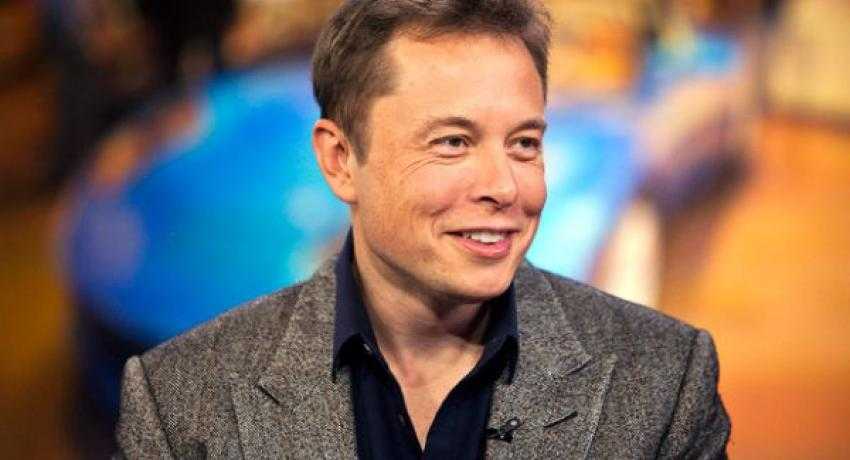Is Elon Musk the Henry Ford of distributed generation technology?
There has been a lot of discussion lately about when solar will be more affordable than grid power. What if someone with deep pockets, big ambitions and the appropriate supply line just committed to making it happen? What would happen then?
We’re about to find out.
SolarCity, a solar installer known for its rooftop solar leasing model, announced Tuesday that it bought Silevo, a solar panel manufacturing company, with an aim to dramatically reduce the cost of solar. Lots of companies buy solar panel manufacturers. That doesn’t mean they’re going to change the trajectory of the industry.
Proving that it’s not about what you have, but what you do with it, Solar City is launching full-steam ahead into the solar panel manufacturing business.
“We are in discussions with the state of New York to build the initial manufacturing plant, continuing a relationship developed by the Silevo team,” write SolarCity founders Peter and Lyndon Rive and board chairman Elon Musk. “At a targeted capacity greater than 1 GW within the next two years, it will be one of the single largest solar panel production plants in the world.”
And that’s not the end of it. There could easily be additional plants planned in the immediate future and even more companies in the pipeline.
“Although no other acquisitions are currently being contemplated, SolarCity may acquire additional photovoltaics companies as needed to ensure clear technology leadership.” According to the SolarCity blog post announcing the Silevo deal.
As amazing as all of that sounds, there’s more. Musk, also the famed owner of Tesla, is just as aggressively pursuing a breakthrough in battery technology. He recently announced plans to build a Gigafactory, manufacturing lithium-ion batteries on a massive scale and bringing their cost down by 30 percent in the first year.
While investors have applauded Musk and the Rives’ bold behavior with a substantial boost to the SolarCity stock price following the announcement, there are skeptics out there.
“Given there is excess supplier capacity today, this may seem counter-intuitive,” Musk writes in the blog post.
Indeed, the reason announcements about companies acquiring solar panel manufacturers make such blah news these days is because it’s happening all the time. Oversupply caused many a company to collapse in 2011 – remember Solyndra? And it left thousands of others limping along and easy for bigger players to scoop up at a discount. Some of that oversupply remains an issue today.
“What we are trying to address is not the lay of the land today…” Musk writes, “but how we see the future developing. Without decisive action to lay the groundwork today, the massive volume of affordable, high efficiency panels needed for unsubsidized solar power to outcompete fossil fuel grid power simply will not be there when it is needed.”
While Musk’s Tesla electric vehicle started out priced over $100,000 and no one ever would have thought to compare him to Henry Ford, his new commitment to producing solar panels and storage batteries at economies of scale that will make them affordable to the masses and prime for obliterating a less efficient, dirtier and cumbersome technology we have relied on as long as anyone can remember (is that horses and buggies or coal-fired power plants?) makes the analogy mandatory.
So, should utilities be worried about grid defection?




